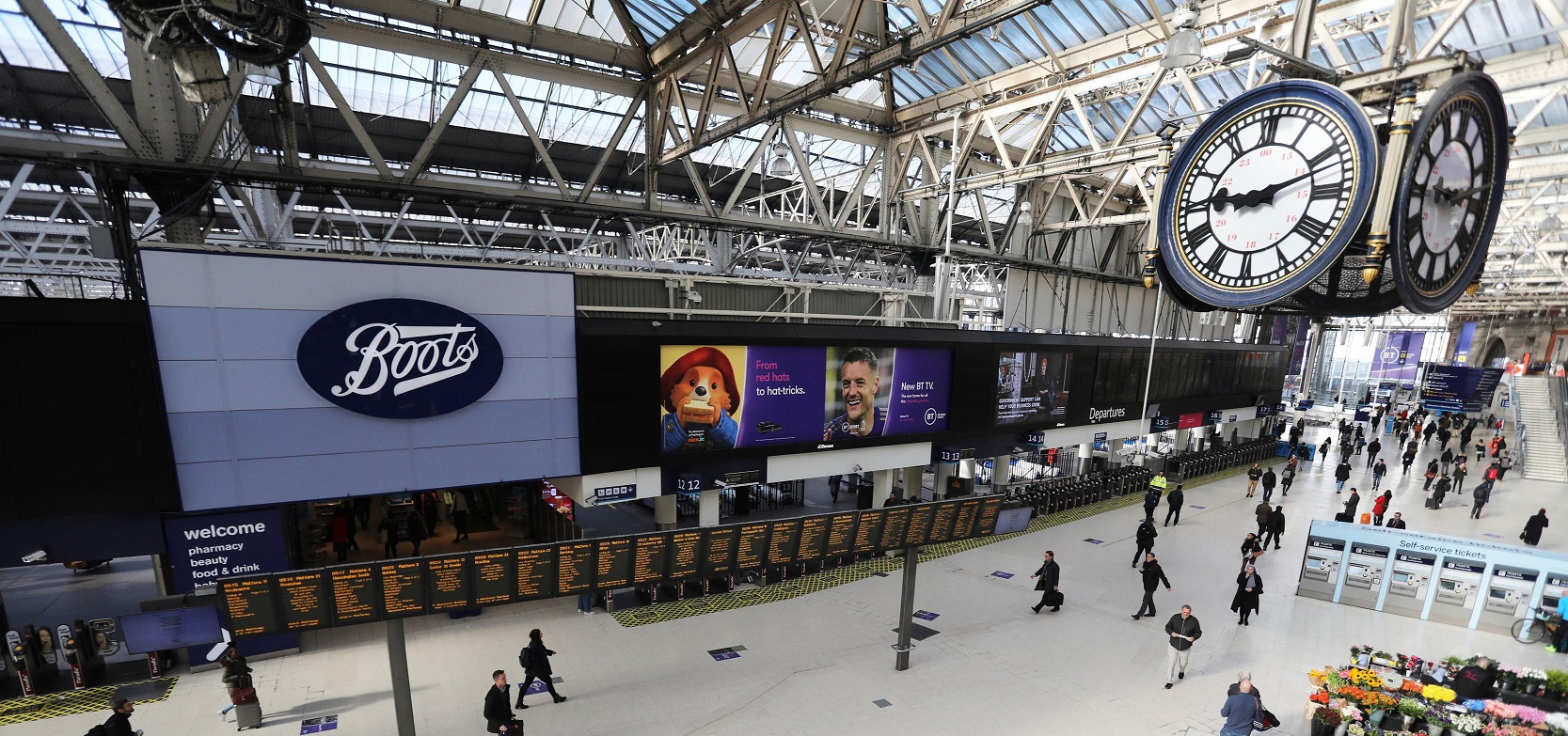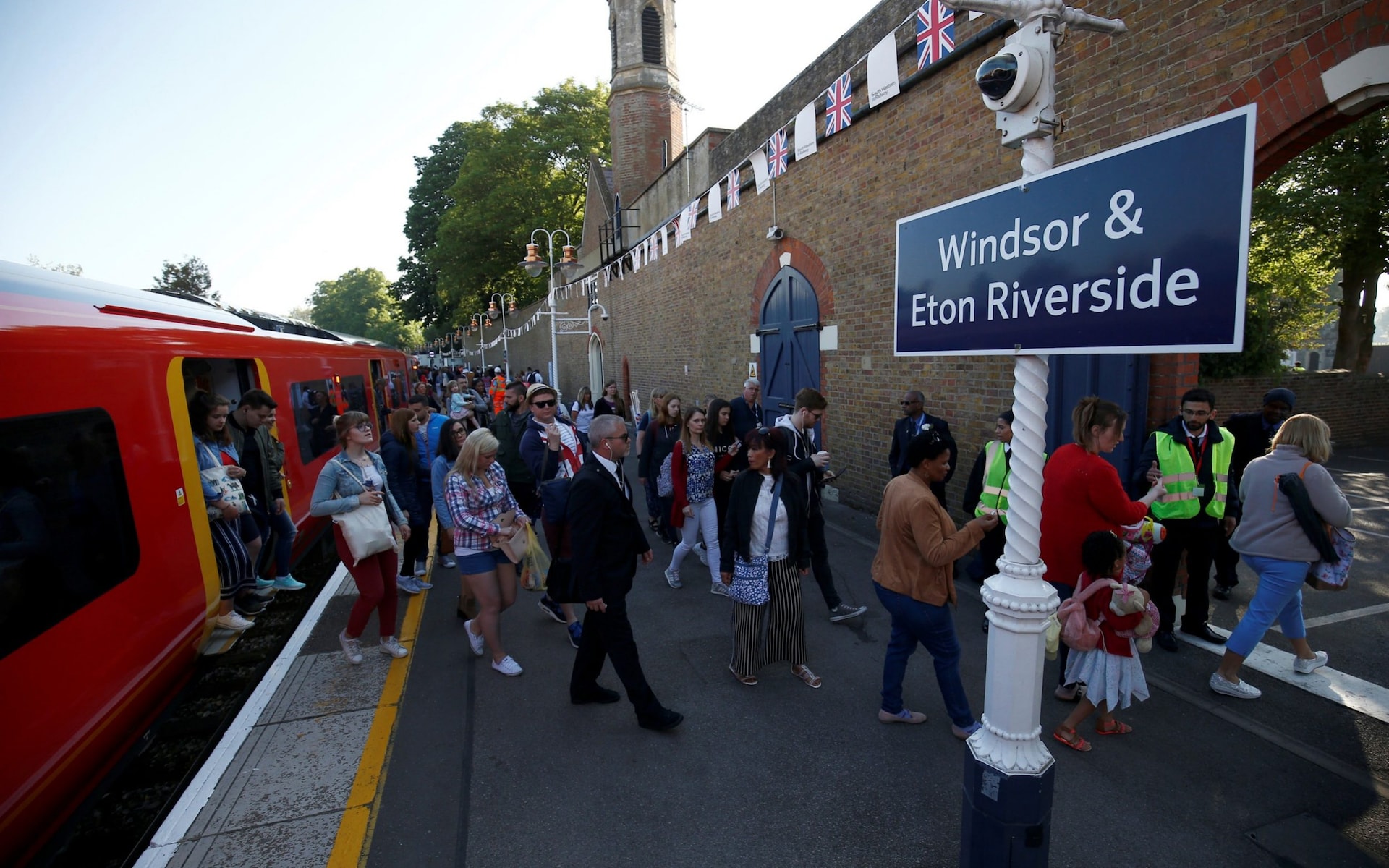The Transport Minister, Theresa Villiers, has now confirmed that the WLR ‘as a way to meet the HLOS requirements which I have outlined’.
“The High Level Output Specification (HLOS) for rail that we published on 17 July asked the rail industry to develop plans to build a new rail link from the Great Western Mail Line to Heathrow to enhance rail access to the airport from the Thames Valley and the west. The HLOS amounts to an invitation to the rail industry, overseen by the Office of Rail Regulation (ORR), to consider how best to secure the strategic objectives specified by the government… At this stage, no route has been chosen and many aspects of the project remain to be settled. I am advised that the Windsor Link Railway proposal does meet the criteria set out in the HLOS.”
Although the route via Windsor to Heathrow would add a few minutes to the journey from the west, it is thought that this is outweighed by other benefits. These include the fact that the WLR connects far more people to Heathrow and does more for local people, including reducing journey times to Waterloo and providing better links within the region. These superior benefits are borne out by the numbers: DfT documents state that the Benefit to Cost Ratio (BCR) of Slough WRAtH scheme is 1.88, which equates to a ‘social BCR’ (including fare revenue) of just 1.38. The WLR estimates that the more general purpose connection to Heathrow it has proposed has a social BCR that is about 3 times better, at 5.87. The WLR will also provide better carbon reduction and visual improvements for both Windsor and Slough.
The WLR is now working with the rail industry (including Network Rail), as instructed by the Department for Transport, to develop the project. Once the principle of the proposals have been verified we can begin work on a financial structure to put to private investors, which in turn will enable WLR to do a more formal consultation with stakeholders and local people.
The WLR is very grateful for the help and encouragement that the minister has been able to offer WLR’s innovative proposal to bring more private investment into the railways, to reduce costs for the travelling public and to support economic growth and jobs.





